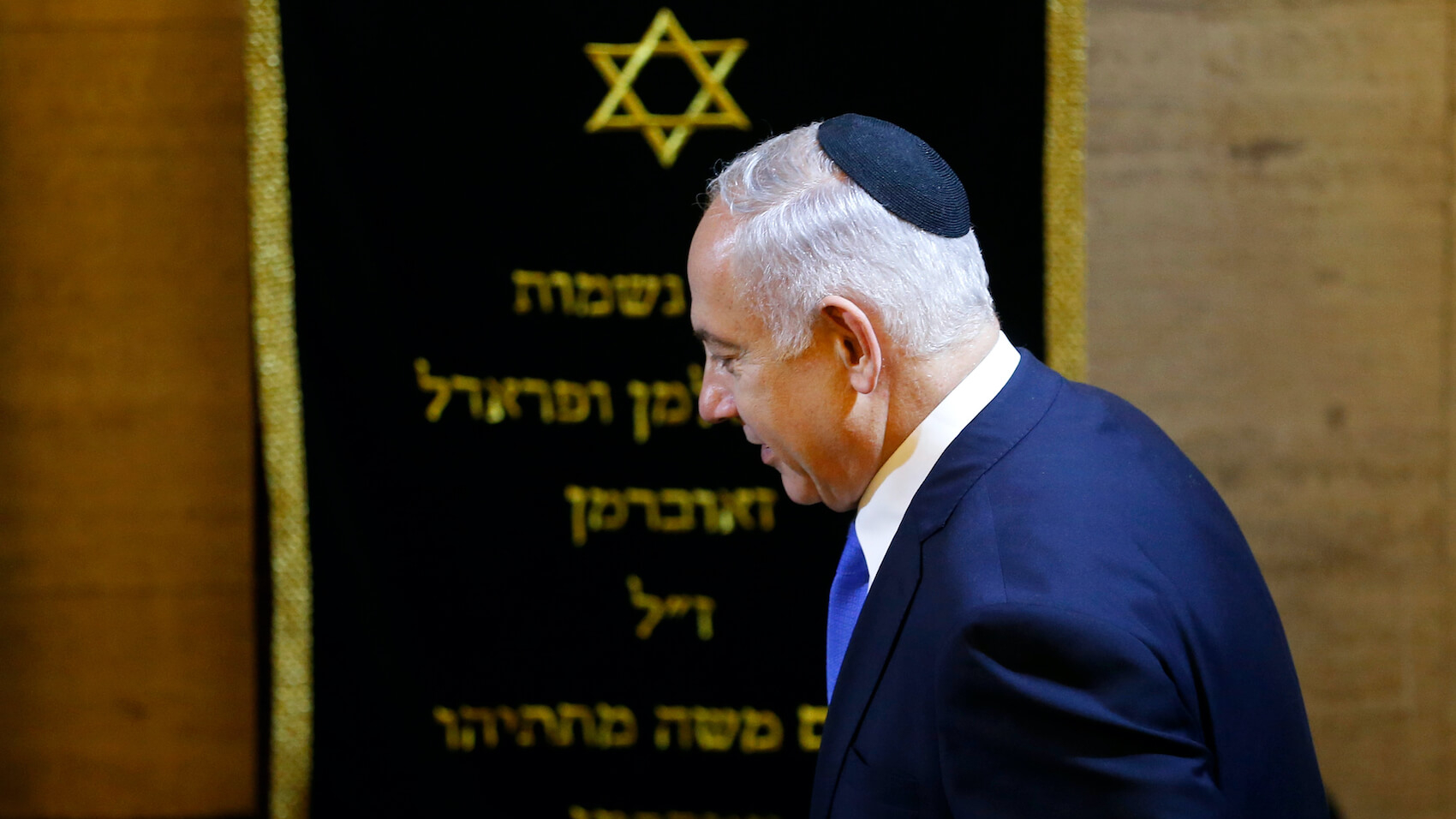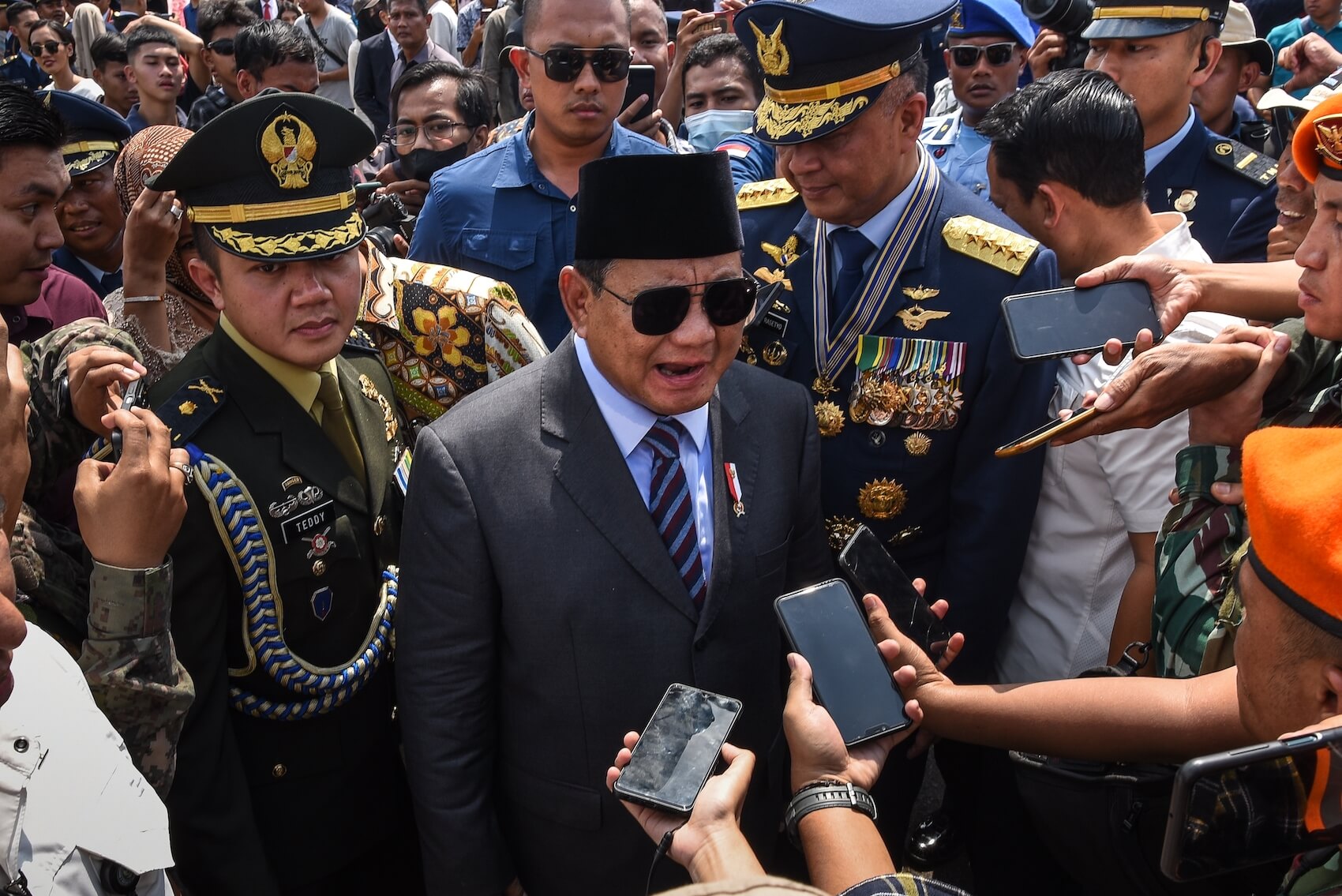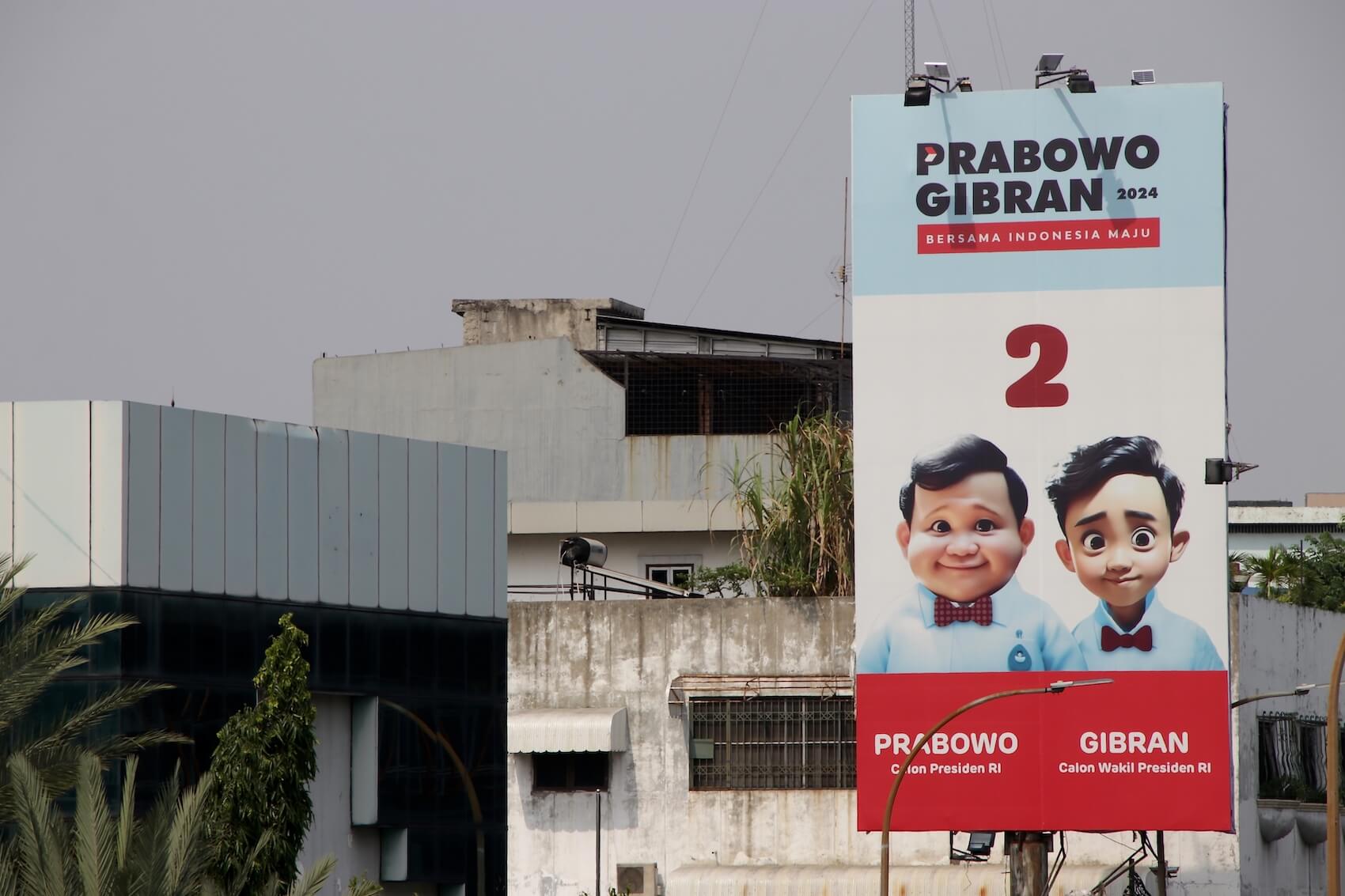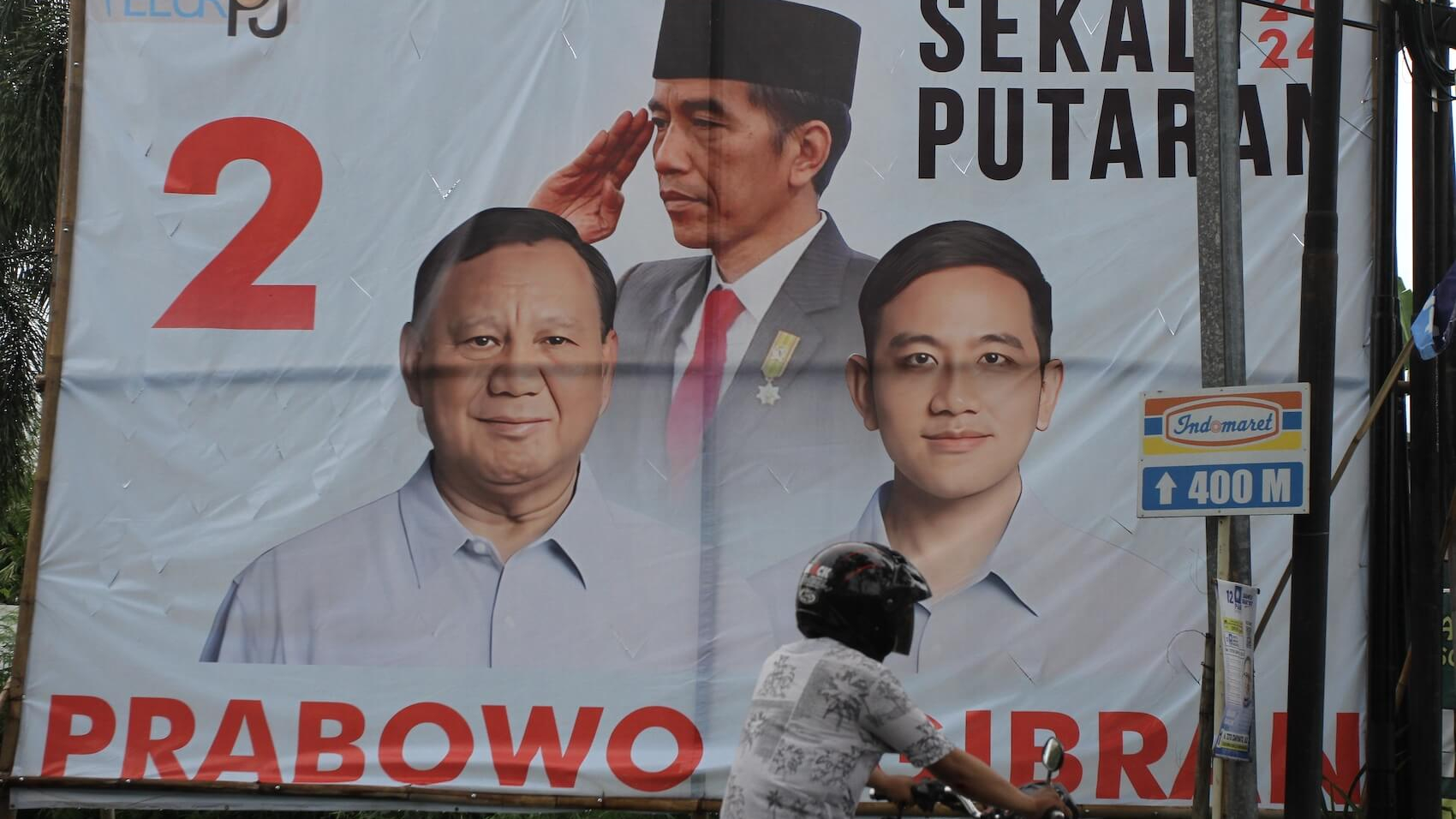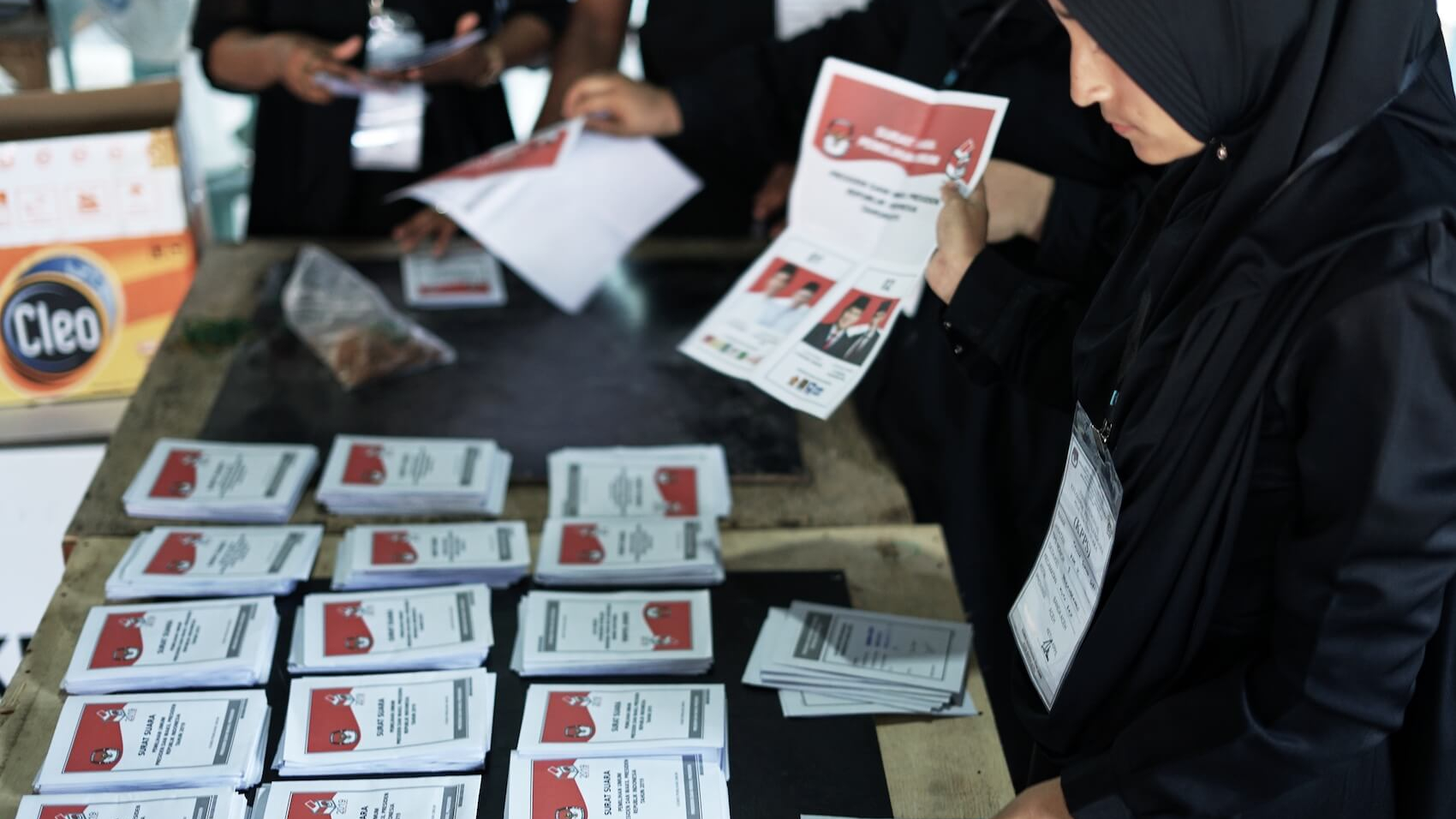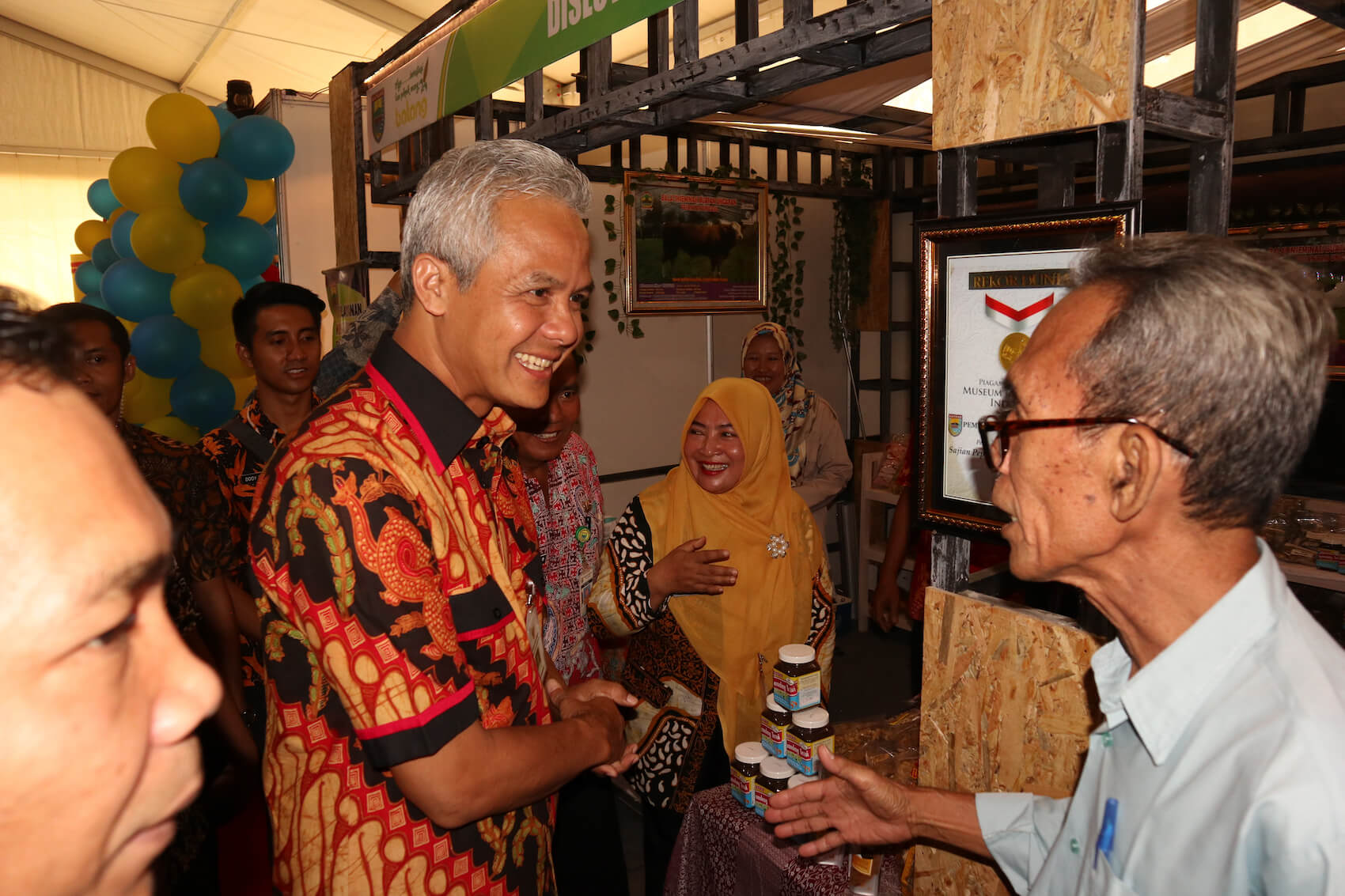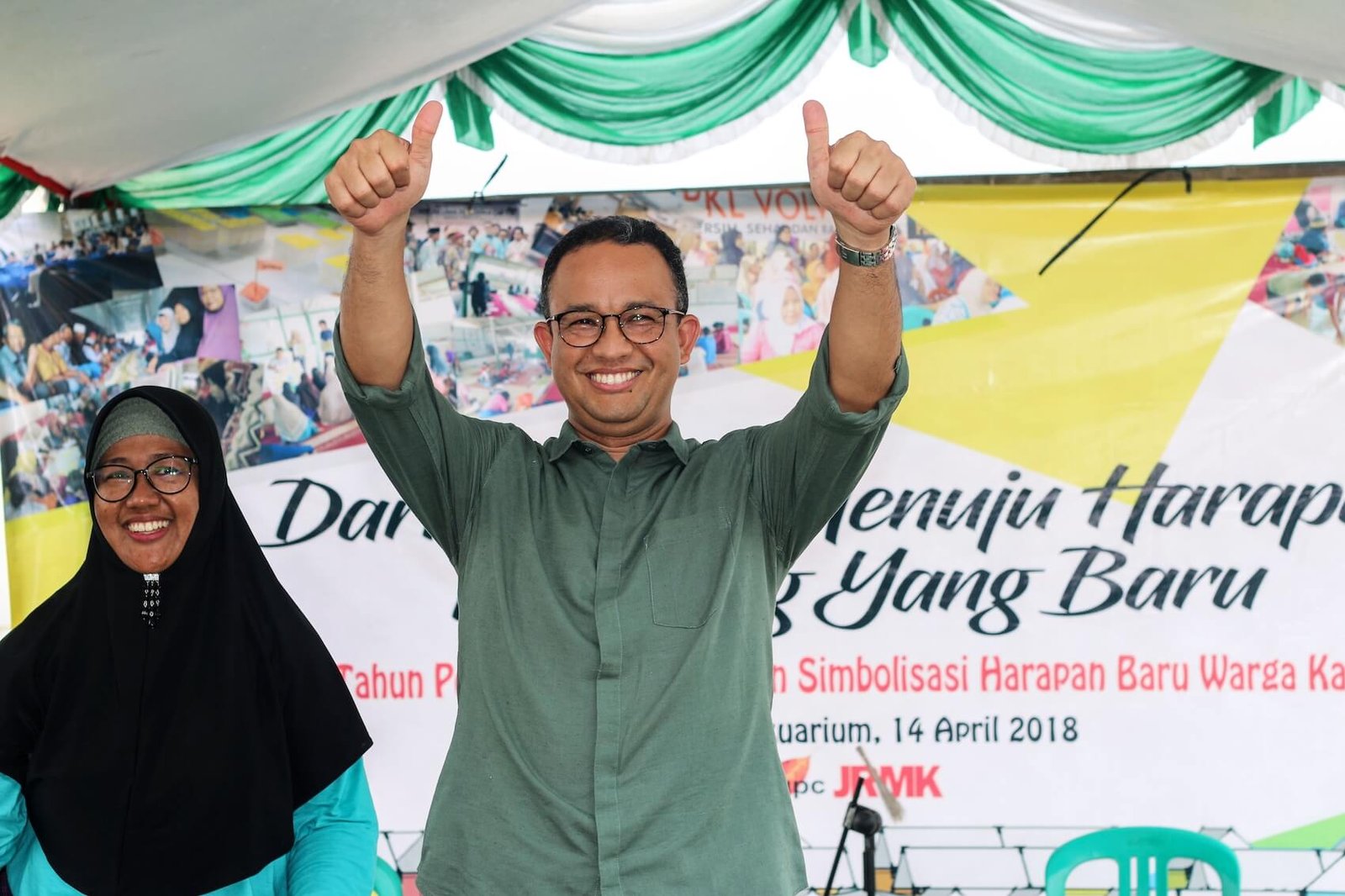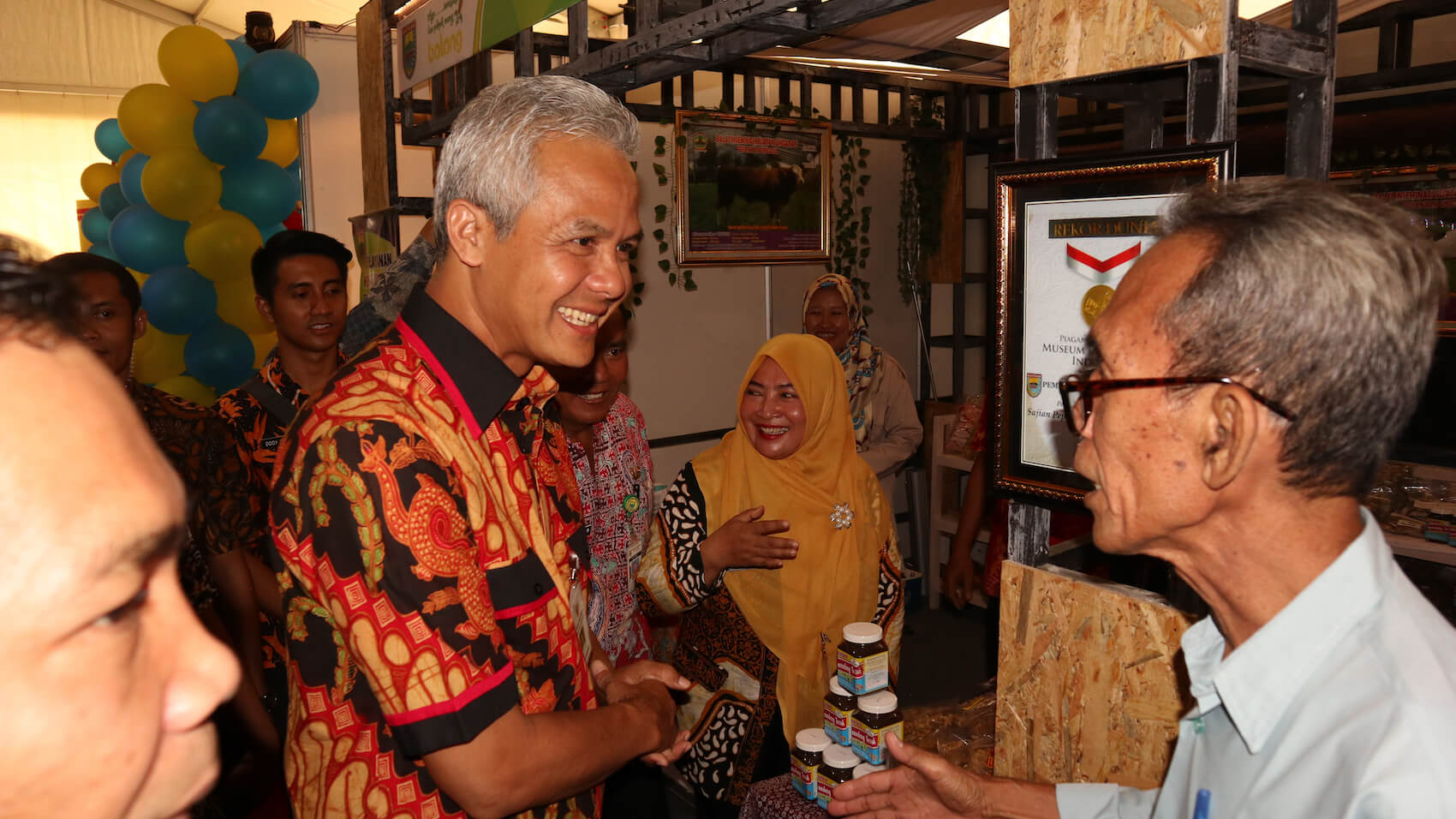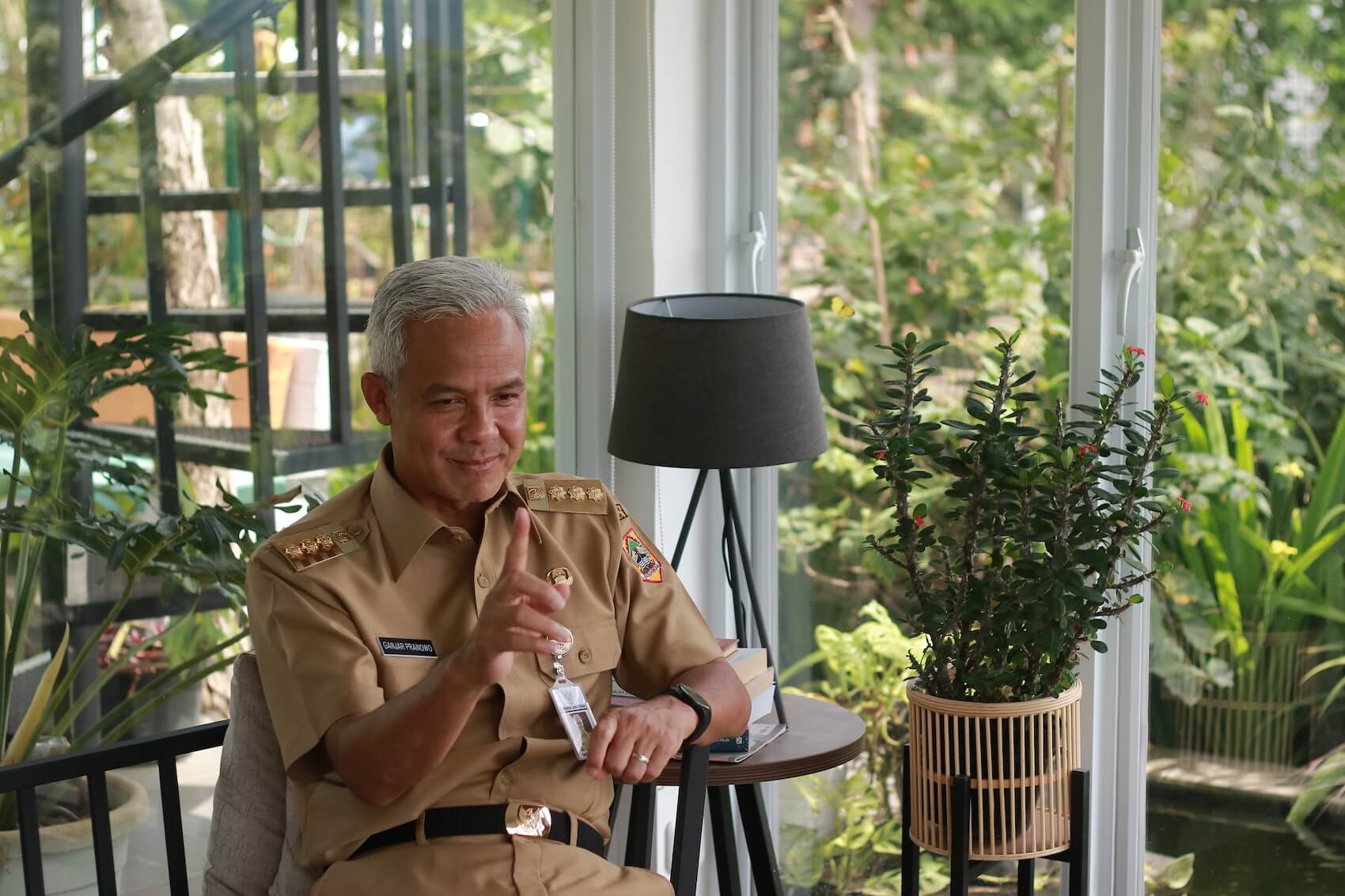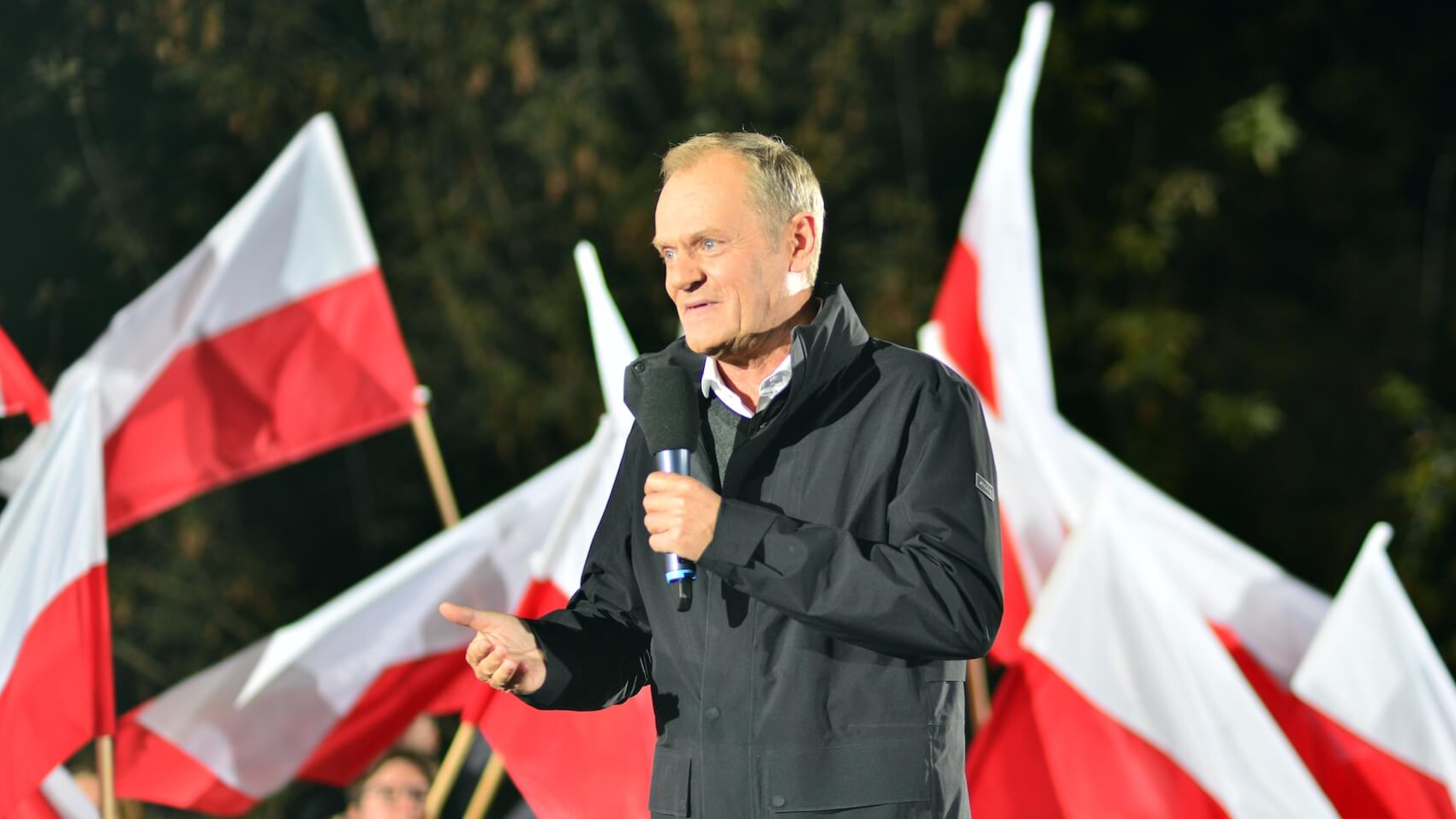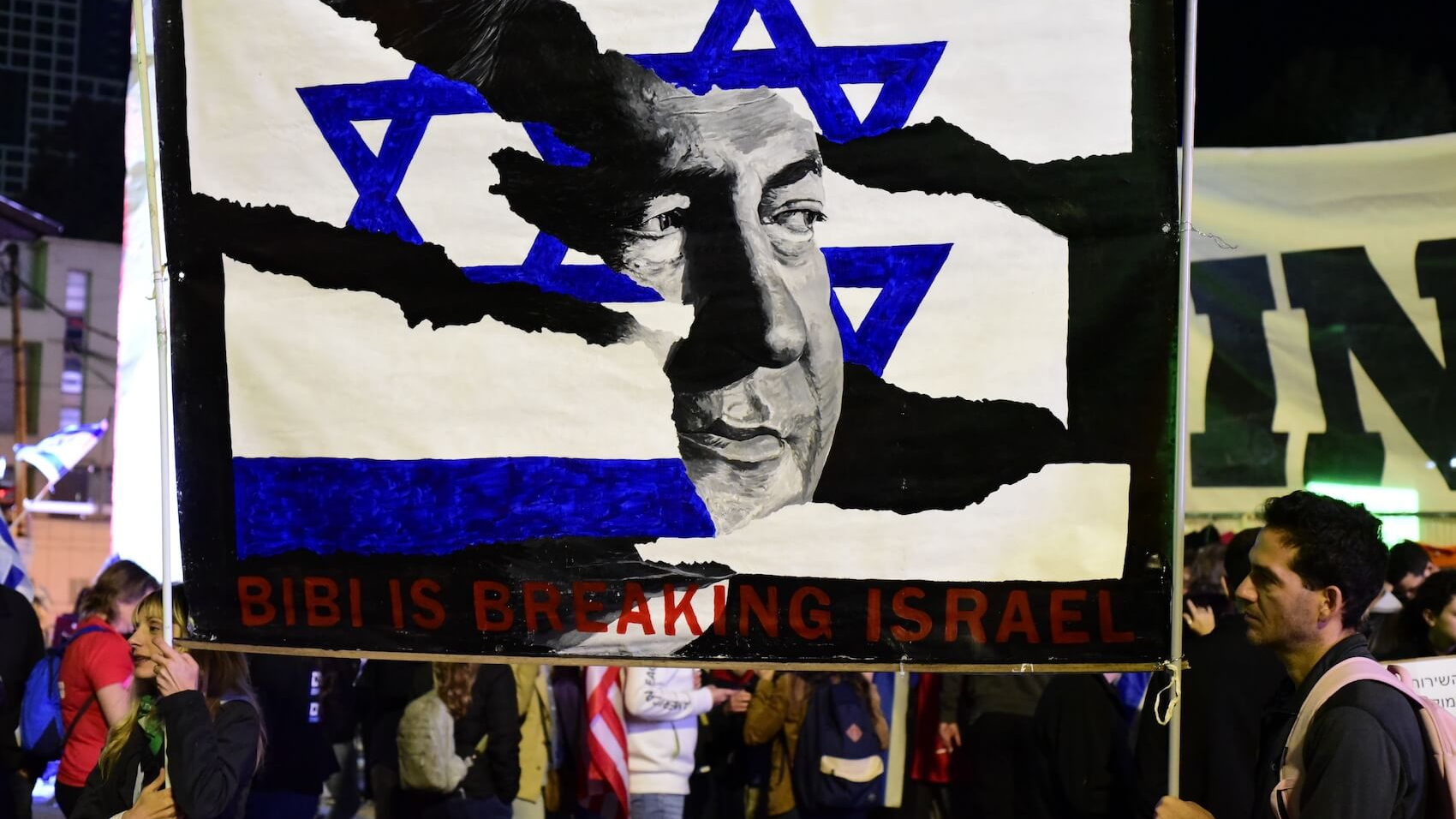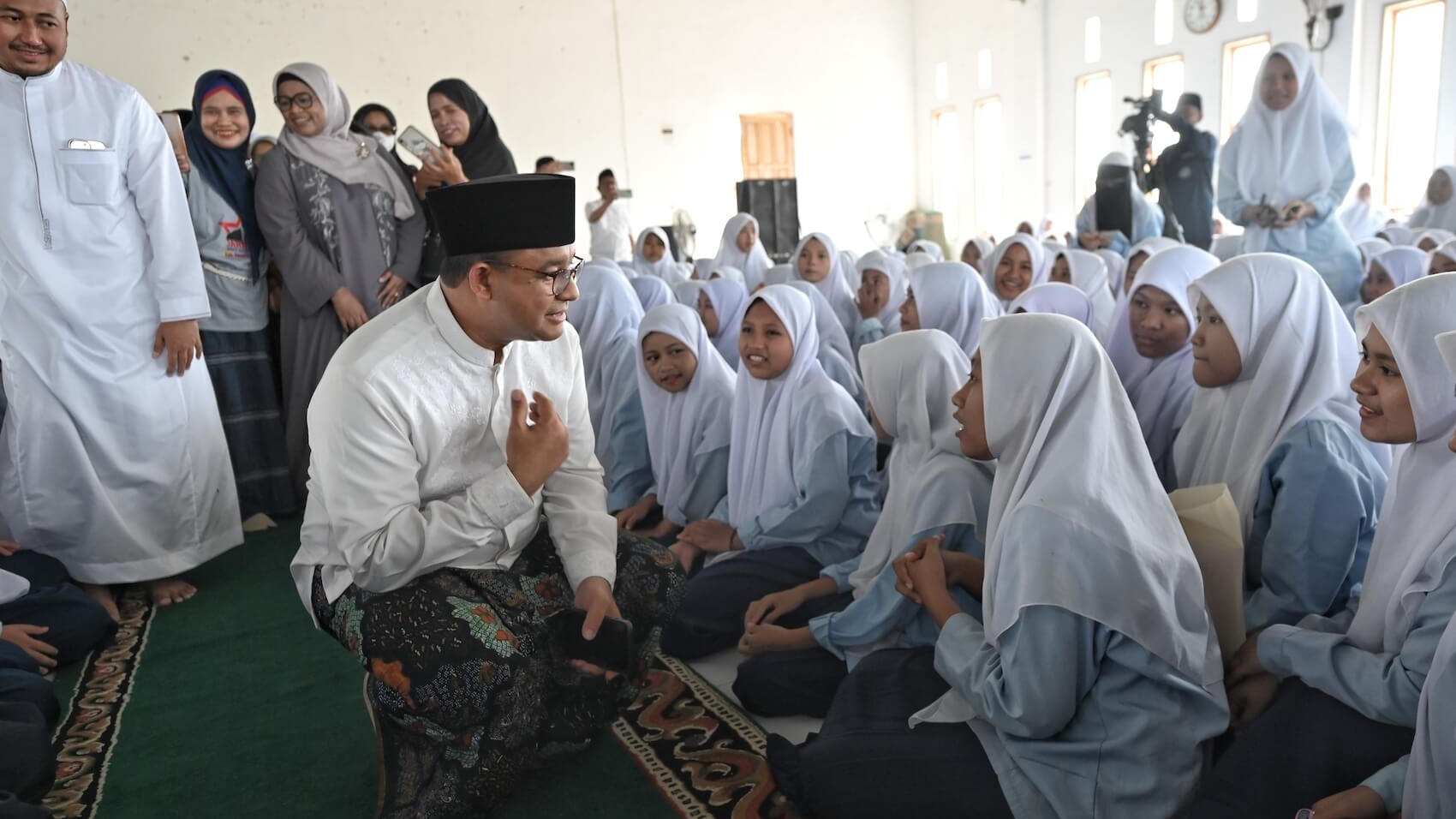DOWNLOAD ARTICLE
Please cite as:
Morieson, Nicholas & Yilmaz, Ihsan. (2024). “Is A New Anti-Western Civilizational Populism Emerging? The Turkish, Hungarian and Israeli Cases.” Populism & Politics (P&P). European Center for Populism Studies (ECPS). April 4, 2024. https://doi.org/10.55271/pp0032
Abstract
While it’s typical to associate right-wing populism in Western Europe with the narrative of Islam versus the Judeo-Christian West, there’s a nuanced and emerging form of civilisationalism that we term “anti-Western civilizational populism.” This paper argues that anti-Western civilizational populism is present in the discourse of not only Turkish President Recep Tayyip Erdogan but also Hungarian Prime Minister Viktor Orbán and may be emerging in Israel under the leadership of Prime Minister Benjamin Netanyahu. The article finds two key features common to these three different expressions of anti-Western populism across three different religions: The blaming of ‘the West’ for domestic problems is often the result of poor domestic governance, and an accompanying authoritarian, anti-liberal turn justified by the necessity of protecting ‘the people’ from the ‘liberal’ Western powers and defending and/or rejuvenating ‘our’ civilization. As liberalism promotes global cosmopolitanism and religious diversity, non-liberal states perceive it as a threat to their sovereignty and traditional values. Consequently, they push back against Western cultural hegemony, potentially forming an anti-liberal, authoritarian discursive bloc.
By Nicholas Morieson & Ihsan Yilmaz
Introduction
When we think of the role that civilization, and the idea of clashes between civilizations, plays in populist politics, we might first think of how right-wing populist parties in Western Europe claim that Islam and the Judeo-Christian West are implacable enemies, and draw support from fearful Europeans by claiming to be defenders of Judeo-Christian civilization from the menace of Islam. However, there is evidence of a different, and perhaps new, kind of civilizationism emerging among populists globally, what we call “anti-Western civilizational populism.” This phenomenon is not merely present, as one might imagine, in Russia, China, and in Muslim majority democracies such as Turkey. Rather, we argue that anti-Western civilizational populism is also present in the discourse of the Hungarian Prime Minister Viktor Orbán and may be emerging in Israel under the leadership of Prime Minister Benjamin Netanyahu.
In this article, we discuss three cases of anti-Western civilizational populism: in the discourse of Turkish President Tayyip Erdogan, Hungarian Prime Minister Viktor Orbán, and Israeli Prime Minister Benjamin Netanyahu. The article finds two key features common to different expressions of anti-Western populism: the blaming of ‘the west’ for domestic problems often the result of poor domestic governance, and an accompanying authoritarian, anti-liberal turn justified by the necessity of protecting ‘the people’ from the ‘liberal’ Western powers and defending and/or rejuvenating ‘our’ civilization.
The definition of civilisational populism used here is as follows: it is “a group of ideas that together considers that politics should be an expression of the volonté générale (general will) of the people, and society to be ultimately separated into two homogenous and antagonistic groups, ‘the pure people’ versus ‘the corrupt elite’ who collaborate with the dangerous others belonging to other civilizations that are hostile and present a clear and present danger to the civilization and way of life of the pure people” (Yilmaz and Morieson, 2022: 19; 2023a: 5)
Anti-Western Civilizational Populism in Turkey
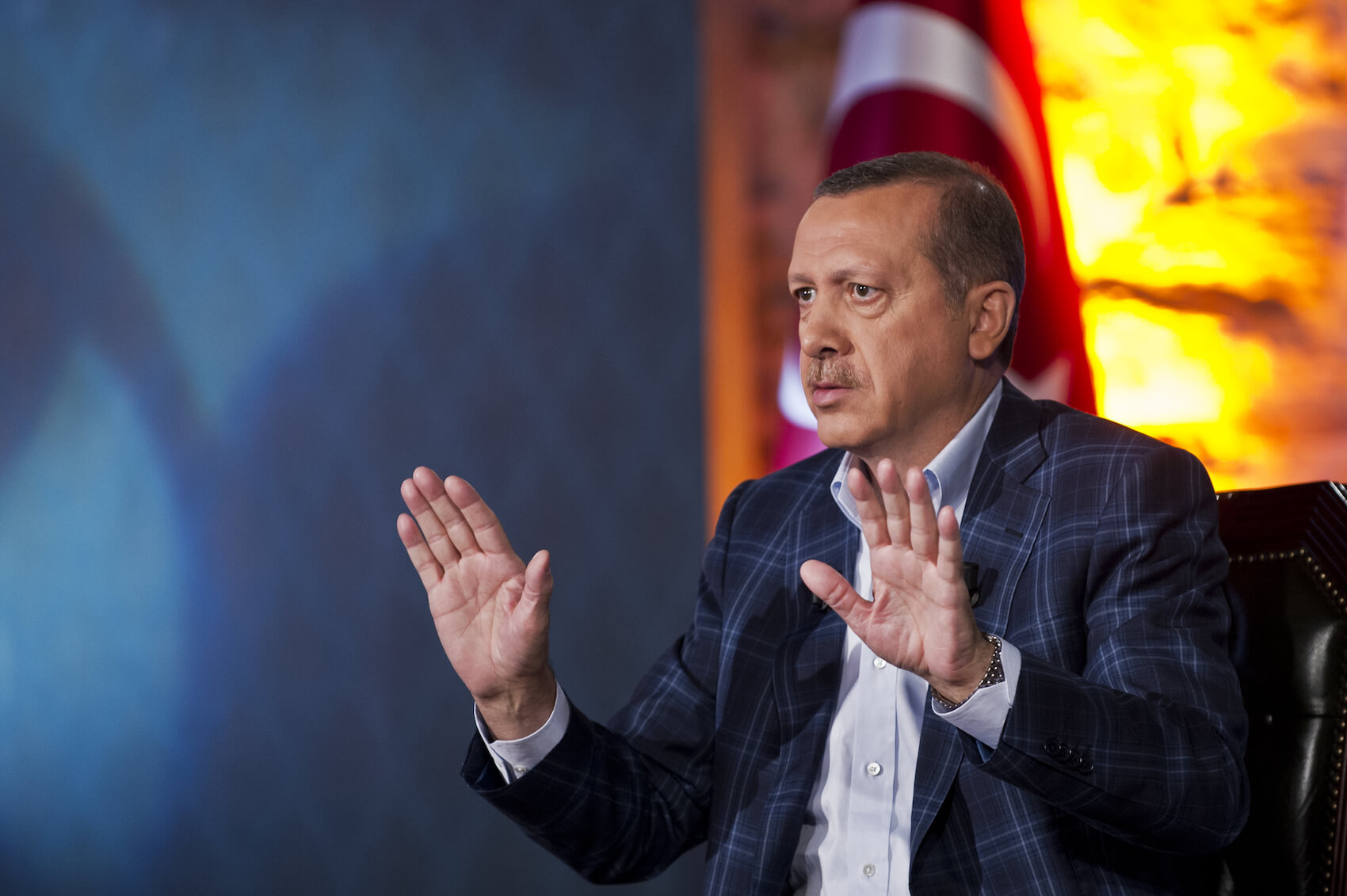
Among the clearest examples of anti-Western civilizational populism is the one that emerged in Turkey under the AKP rule. AKP ideology “combines Turkish nationalism with Islamism and neo-Ottomanism” and argues that Muslim peoples “ought to come together, for mutual protection against an aggressive West, as a civilizational bloc led by Turkey and its President, Erdogan” (Yilmaz & Morieson, 2023b). In other words, Erdogan and his party possess a fundamentally civilizational ideology, which posits that Muslims – and not merely within Turkey but also globally (Yilmaz and Demir, 2023)– are oppressed by the West, and that Erdogan alone can stand up on their behalf. He “has recurrently proclaimed that he is the continuation, and the contemporary expression, of a major historical struggle, a common religious cause (dava), where the antagonists are the Westernizing secularizing Kemalist actors and their puppeteers – the West” (Yilmaz, 2021: 138).
The AKP did not come to power promising Islamism and authoritarian government. Rather, they first portrayed themselves as populist Muslim democrats who would return power to ‘the people’ by ending secular authoritarian rule, introducing greater religious pluralism, and seeking European Union membership for Turkey (Ozel, 2003; Nasr, 2005; Yilmaz, 2009; 2021). However, the AKP grew intolerant of dissent over time. Responding to growing opposition to their rule, the party increasingly centralized power and embraced authoritarian forms of governance, including by demonizing ethnic and religious minorities in Turkey, claiming Western powers were bent on dismembering Turkey – a claim that played on the painful memory of the dismemberment of the Ottoman Empire – and by encouraging Turkish nationalism and a kind of Islamist politics that portrays Turkey as the “continuation of the Ottoman Empire” and thus leader of Islamic civilization (Moudouros, 2022: 175; Hazir, 2022; Uzer, 2020; Yilmaz and Morieson, 2022).
The AKP engaged in an “imperial civilizational restoration” effort designed to restore the power of the Turkish people and protect Islam, and which necessitated the “centralization of executive power …as a natural result of the restoration of the Ottoman imperial legacy” Moudouros (2022: 157). As a result of this effort, the AKP increasingly “politicized Turkish foreign policy by constructing foreign threats” often involving US and “Zionist international conspiracies” to weaken Turkey and Muslim power globally (Destradi et al., 2022: 488). Erdogan portrays “Turkey as a victim of malign foreign forces” including George Soros, the “interest rate lobby,” Zionists, and the West, against whom, he says, the Turkish people must wage a “war of liberation” (Destradi et al., 2022). Thus, when in 2013 protestors took to the streets of Istanbul to protest the destruction of Gezi Park, Erdogan responded by claiming that Western powers were behind the protests (Yilmaz & Morieson, 2023b). Equally, when a mysterious coup attempt – The Erdogan regime has alleged that it is the work of the Gulen movement– failed to expel Erdogan from office in 2016, the AKP sought to lay ultimate blame on the United States, claiming that the Gulenists were working with “crusader” powers (Yilmaz & Morieson, 2023b). In both cases, Erdogan portrayed himself as a pious Muslim and champion of the Turkish Muslim people, whom he was defending from Western ‘crusaders’ who sought to dismember Turkey, just as Western powers had dismembered the Ottoman Empire at the conclusion of the First World War.
The AKP has also sought to deflect blame for its economic policy failures by blaming Turkey’s monetary problems on the West. The West proved to be a useful scapegoat when Erdogan’s decision to personally take control of monetary policy in Turkey backfired, resulting in low interest rates that devalued the Turkish lira. Rather than admit fault Erdogan portrayed himself as a populist champion defending his ‘people’ from external foes, telling supporters that the United States and other Western powers were trying to bring “Turkey and its people to their knees” (Dettmer, 2018), and later claimed that his decisions were designed to protect Turkey from “foreign financial tools that can disrupt the financial system” and that foreigners were behind “the swelling inflation” which was “not in line with the realities of our country” (Reid, 2018). Thus, for Erdogan and the AKP, claiming that ‘the West’ and ‘global elites’ are responsible for Turkey’s internal problems is not merely a way of deflecting blame for its failed policies. Rather, it is also a way of justifying Erdogan’s growing authoritarianism and his Ottoman imperial civilization rejuvenation project, which is predicated on the notion that to protect the Turkish people a powerful Muslim civilizational bloc must be formed, with Erdogan as its leader.
Anti-Western Civilizational Populism in Hungary

Contemporary Hungary presents an interesting case of anti-Western civilizational populism. Hungarian Prime Minister Viktor Orbán, whose Fidesz party has governed Hungary uninterrupted since 2010 – is a populist leader who won power on a conservative and anti-corruption platform. Since 2010 his party has steadily consolidated its rule, establishing hegemonic power over Hungary’s media, bureaucracy, and judiciary, and has used referenda to establish a new constitution that gave greater power to the executive branch.
Orbán is known for his anti-Islam discourse and opposition to allowing Muslims to immigrate to Hungary. However, a closer look at Orbán’s discourse shows that he regards the liberal West – not Muslim immigrants – as a greater threat to the ‘Judeo-Christian’ people of Hungary. For example, Fidesz’ populist 2010 election campaign was centered on the claim that the people of Hungary were threatened – not by Muslims — but by a corrupt national elite, but also by external elites including “the European Union (‘Brussels’), multinational corporations, international financial institutions, the western ‘liberal’ press, the ‘international left’” and “the domestic opposition and several Hungarian watchdog non-governmental organizations (NGOs)” (Bocskor, 2018). Fidesz’s attacks on the European Union were not purposed towards dismantling or removing Hungary from the body but were “a form of anti-politics that challenges liberal and cosmopolitan understandings of European Union” (Scott 2020: 659), and which assisted the party in defining the boundaries between the nationalist Hungarian self and the liberal and cosmopolitan EU ‘other.’
Later, during the 2015-2016 migrant crisis Orbán refused to permit Muslim migrants to enter Hungary, claiming that they presented an existential threat to his nation’s – and Europe’s – Judeo-Christian culture, or rather the cultural hegemony of Judeo-Christianity. However, Orbán also presented himself as the protector of the Christian Hungarian people, who stood up to ‘elites’ in Brussels and elsewhere who care little if Islam were to overtake Christianity as the most widely followed religion across Europe (Éltetö et al., 2022; Yilmaz & Morieson, 2023b; Mendelski, 2019; Balogh, 2022). Moreover, Orbán is a critic of the ideology to which ‘elites’ throughout the Western world are beholden: liberalism.
Orbán is nothing if not honest about his intentions. He has promised to remove the liberal elite that held power within government, bureaucracy, and within other institutions of state, and replace it with a new elite that will support his party in their effort to transform Hungary into an illiberal ‘Christian democracy’ (Lamour, 2022). His chief problem with Western ‘elites’ is that they have abandoned the traditional Judeo-Christian values that made the West a powerful civilization, and instead embraced liberalism. Contemporary liberal democracy, according to Orbán, is no longer democratic but simply liberal, and thus the liberal ‘elite’ in the West no longer cares about the interests of the people, but rather seeks to advance liberal ways of thinking and living everywhere. This elite, personified by Orbán’s bête noir George Soros – a Hungarian American financier and philanthropist – is according to Orbán utterly intolerant of Christian values and uses Muslim immigrants as a tool to break the hegemonic power of Christian Europeans.
George Soros is, within Orbán’s discourse, the personification of the liberal global elite and thus Orbán’s most prominent enemy (Langer, 2021). Indeed, Orbán portrays Soros as a mastermind behind who controls the EU, NGOs and multinational corporations, and is bent on forcing liberalism on the Hungarian people, de-Christianizing Europe, and replacing Europeans with Muslim from the Middle East and North Africa (Langer, 2021). On the other hand, Orbán portrays himself and his party as standing “in the way” of Soros’ “plan which seeks to eliminate nations and seeks to create a Europe with a mixed population” (Scheppele 2019). Fidesz, he claims, stands “in the way of a financial and political empire which seeks to implement this plan—at whatever cost” (Scheppele, 2019). Western liberal elite, according to Orbán, are invested in the Soros plan, and “across the whole of Europe …want to sweep away governments which represent national interests – including ours” (Scheppele, 2019).
Soros and the liberal Western ‘elite’ are useful to Orbán insofar as he uses them to deflect blame when his economic and foreign policies fail or become unpopular. For example, Orbán has deflected criticism of his ambivalent position on the Russia-Ukraine conflict by blaming Soros for starting the conflict in order to destroy Russia, and on the grounds that Russia is an anti-liberal, Christian power. Orbán falsely claimed that, in the 1990s, Soros wrote that “since the Western democracies resent having their citizens dying in a war in a remote place, it will be the Central Europeans who will have to be sent in, thrown in, persuaded, recruited, and Russia will have to be defeated with their blood and through their sacrifice” (Máté, 2023).
He also blamed Soros for the war’s prolonging, claiming that Western businesses “with perhaps George Soros at the forefront …have always dreamed about gaining a foothold in Ukraine and gain[ing] access to the natural resources Russia has to offer (Bráder, 2023). Equally, Orbán claimed on Hír TV that Hungary was experiencing financial troubles because the European Commission was withholding “32 billion Euros,” and that this was occurring due to “George Soros” and his “people in the European Parliament” who instead wished to give this money to Ukraine (Miniszterelnok, 2023).
Although it may be tempting to view Orbán’s anti-Soros rhetoric as motivated by anti-Semitism, Orbán is himself a friend and open admirer of Israel and condemns anti-Semitism. Orbán’s true enemies, he claims, are within Western civilization, not outside of it. For example, in August 2022 Orbán spoke at the Dallas Conservative Political Action Conference (CPAC). There Orbán “attacked the Democratic Party and President Obama, calling them globalists who sought to undermine” ‘Christian and [Hungarian] national values,’ and remarked “that he, Orbán, was fighting the same enemies as his Republican allies – Brussels and Washington – and further claimed that ‘these two locations will define the two fronts in the battle being fought for western civilization’” (Morieson, 2022: 176).
Orbán thus argues that there is a battle taking place for Western civilization. On one side are the politically and culturally dominant liberal elites (represented by Washington and Brussels) who are happy to see their societies decline into childless economic zones populated by LGBTQ people, and which will eventually be transformed into mixed-race majority Muslim states. On the other side are Orbán and his allies – including post-liberal conservative American intellectuals (Morieson, 2022) – who perceive themselves to be protectors of the authentic culture of Western civilization. For example, in his July 2023 speech at the Bálványos Free Summer University and Student Camp in Tusnádfürdő, Orbán described the European Union as an “elite” “political class” that “has no democratic or Christian convictions,” and called upon Hungarians to help him “defend … at all costs” their “Hungarian culture” (Visegrad Post, 2023). The EU and the liberal elite that dominate the body, according to Orbán, was uninterested in preventing the extinction of European culture, but was rather “managing population replacement through migration, and …waging an LGBTQ offensive against family-friendly European nations” (Visegrad Post, 2023), an offensive that would ultimately end in the destruction of the distinct and Christian-based European cultures of Europe.
According to Orbán, the EU and, particularly, the United States were so bent on forcing liberal culture on the world that they were inextricably moving all nations towards civilizational conflict: a conflict between the liberal West and “civilization states” that refused to liberalize such as China and Russia. (Visegrad Post, 2023). This conflict, Orbán argues, will decide the future of the world, and the US ought to permit illiberal states – such as Hungary – to determine their own futures rather than impose “universal values” upon them in an effort to prevent war (Visegrad Post, 2023). Orbán thus sees liberalism as a poisonous ideology that undermines traditional values and will ultimately weaken nations by dissolving the religious and cultural bonds that hold peoples together. Thus, his government has drawn itself closer to China and Russia, anti-liberal, anti-Western powers, and nations which Orbán believes will survive into the future – unlike Europe’s nations – because they reject the corrosive ideology of liberalism and instead remain true to their traditional, civilizational values.
Anti-Western Civilizational Populism in Israel

Benjamin Netanyahu, leader of the ruling right-wing populist Likud party and the most electorally successful politician of his generation in Israel, has often invoked the concept of civilization is his public remarks. The notion that the world is divided into different and often clashing civilizations plays an important role in Netanyahu’s populist discourse, which divides people into three categories: ‘the people’ or all the Jewish people; ‘elites’ or the Israeli centrist and left-wing opposition parties and their supporters who Netanyahu charges with refusing to defend Israel from its enemies; and ‘others’ or the Muslim Arabs (especially Palestinians) who are fundamentally uncivilized and barbaric and seek Israel’s destruction. Indeed, according to Netanyahu, Israel is “the protective wall of Western civilization” – and at times as the protector of civilization itself – against ‘barbarism’ or in this case the alleged barbarism of the Arab-Muslims (EFE, 2016). Netanyahu draws on this notion regularly, and on the broader notion that the Jewish people – like Europeans – are civilized and brought civilization to a barbarous land, when he wishes to convince European and American leaders to take action against Israel’s enemies.
For example, when a violent Islamist murdered four Jewish people in a French Kosher supermarket Netanyahu called on France to take action to protect “our common civilization” from Islamism (The New York Times, 2015). He also uses this discourse to draw Western support for Israel in its conflict with the Palestinians, and to portray Israel as a civilized Western nation, and the Palestinian Arabs as a largely uncivilized people. At the same time, Netanyahu has also called for European Jews to move to Israel on the basis that most European governments are unwilling to protect Jews from Islamists, suggesting perhaps that Jews are, in the end, not of the West at all. Or as political economist and commentator Bernard Avishai puts it, Netanyahu calls for Jews to “self-segregate: affirm, in principle, the liberal values of the West, but deny that they ever worked well enough for diaspora Jews; insist that we fight for our freedoms from our own ground” (The New York Times, 2015). It is perhaps unsurprising, then, that Netanyahu has formed a good relationship with Viktor Orbán, who shares his antipathy toward both Muslims and the Western liberals who they believe permit the Islamization of the West.
Netanyahu’s claim that Israel is a protective wall for Western civilization appears increasingly dubious following Israel’s indiscriminately violent response to Hamas’ murderous rampage against Israeli civilians on October 7, 2023. The Hamas attacks marked the most significant massacre of Jews since the Holocaust, claiming 1400 lives and resulting in the abduction of 240 Israelis. Exactly what Hamas expected to occur following their brutal acts is not known. Whatever their aims, their terrorism – as it so often does – backfired against the Palestinian people Hamas claim to represent. Whereas in the past Israel has responded to hostage taking by negotiating a return, often exchanging several imprisoned Palestinians for each Israeli hostage, perhaps as a result of the sheer scale of the October 7 attacks Netanyahu did not make serious attempts to negotiate the return of hostages. Instead, his government attempted to utterly destroy Hamas. In the process, an unknown number of Israeli hostages have died, and it appears increasingly remote that the majority of hostages will be returned alive to Israel. In other words, Netanyahu’s Likud government chose to attempt to annihilate Hamas rather than seek to save Jewish lives, a controversial act which – as we write – is becoming increasingly unpopular in Israel and causing mass protests calling for Netanyahu to resign.
However, domestic unrest is not Netanyahu’s only problem. Rather, Israel’s indiscriminate attacks on Palestinians, causing the deaths of over 30,000 people – perhaps two thirds of them civilians and thousands of children – and indeed remote nature of a complete Israeli victory, has led to Western nations withdrawing support for Israel’s war in Gaza. The Biden Administration’s increasing anger towards Netanyahu – which now includes Senate Majority leader Chuck Schumer calling for the Israeli Prime Minister to step down – is a particular problem for Israel, which relies heavily on American military and diplomatic support (The Wall Street Journal, 2024)
Following the Hamas attacks, Western nations largely supported Israel and its right to retaliate against its attacker. However, the length and brutal nature of Israel’s war has made it increasingly difficult for Western states to continue to support Israel, and not merely because Western publics are disturbed by the amount of killing of civilians and destruction of entire neighborhoods occurring. Indeed, demographic, generational and cultural change within many Western nations has led to a drop-in support for Israel and an increasing about of sympathy for the Palestinians. The re-election of George Galloway to British parliament on a pro-Muslim, anti-Zionist platform in a recent election demonstrates the increasing importance of Muslim votes in the West, votes a party that supports Israel’s war in Gaza is unlikely to receive (The Conversation, 2024).
Equally, the unpopularity of Israel’s war in the Middle East and North Africa has caused a rift between Western nations and Muslim majority nations, leading Western politicians to begin considering whether supporting Israel’s war is in their respective nations’ national interests. The Biden Administration appears to have concluded that the war in Gaza ought to end, and that prolonging the war is not in America’s national interest. The loss of American support leaves Israel alienated and in a difficult position in the United Nations where – without an American veto – it is exposed to sanctions placed on it by other nations. Netanyahu, however, has vowed to continue the war, which he claims is “a war between barbarism and civilization” (Ministry of Foreign Affairs, 2023). This is the message Netanyahu has taken directly to European and American leaders, including telling French President Macron, whom he attempted to emotionally blackmail by claiming that “Hamas are the new Nazis” and that Hamas barbarism not only threatens the Jews, but it also threatens the Middle East, it threatens the region, it threatens Europe, it threatens the world. Hamas is the test case of civilization against barbarism” (Ministry of Foreign Affairs, 2023).
In order to maintain his position as Prime Minister amid growing domestic and international pressure for him to resign, Netanyahu has sought to deflect blame for his failure to return the hostages or defeat Hamas without mass Palestinian casualties, and moreover deflect blame for decades of failed Israeli policies on the Palestinian issue. To do this, Netanyahu has crafted a populist political narrative in which he and his government are protecting the ‘civilized’ people of Israel against the barbarism of Hamas, but also standing up to the West, which is allegedly attempting to prevent Israel from defending itself and instead wants to construct a state for Israel’s enemies. Or as former Israeli consul general in New York, Alon Pinkas (The Guardian, 2024), puts it, according to Netanyahu’s narrative “only a heroic Netanyahu can stand up to the US, defy an American president and prevent this travesty” (i.e. the forced ending of the Gaza War and construction of a Palestinian state) (The Guardian, 2024). Thus, Netanyahu is “setting up Biden as the scapegoat” for his “failure to achieve ‘total victory’” or ‘the eradication of Hamas’ (The Guardian, 2024). In this way, Netanyahu is no longer treating the United States as an ally but treating it and other Western nations that seek to create a Palestinian state following the Gaza war as enemies of ‘civilizations’ and implying that they are aiding the rise of barbarism.
It is possible to perceive a change in tone and narrative in Netanyahu’s civilizational rhetoric post-October 7. Considered in the light of Netanyahu’s democratic backsliding, his anti-liberal populism that increasingly attacked the norms and checks and balances on executive power in Israel, his sympathy for Viktor Orbán’s anti-West civilizational populism, his attempts to deflect blame for his failed policies onto the United States, and his portrayal of Western nations as failing to defend ‘civilization’ by pushing for a Palestinian state, we find that the Israeli Prime minister is becoming increasingly anti-Western in his discourse. In his emerging civilizational narrative, Netanyahu is the leader of the ‘civilized world’ and the West is – at best – unwilling to confront the barbarism of the Muslim Arabs, and to see the Palestinians as a savage people that must be utterly defeated and prevented from establishing a state of their own. In this emerging narrative – parts of which were of course already present – Israel may no longer be a wall protecting the West from barbarism; rather, Western nations such as the United States are increasingly helping the barbarians threaten civilization in Israel, and only Netanyahu has the strength to stand up to the twin threats of Arab-Muslim barbarism and the West’s inability to stand up for civilization.
Conclusion
In AKP-ruled Turkey, Fidesz-ruled Hungary, and in the Likud-dominated Israeli government, we find a similar pattern in which the notion of civilizational belonging is weaponized by a populist right-wing government. In each case, a populist leader claims to be standing up for ‘our’ civilization and against inferior people from other civilizations or in the case of Netanyahu, standing against entirely uncivilized people. Equally, this narrative is used in each case to deflect blame for regime policy failure, and to convince the voting public that external forces – not domestic policy failure – are preventing their flourishing or their ability to live in peace and safety. Most importantly, in each case, it is the West that is blamed for domestic policy failure and described as the enemy of ‘our civilization.’ This may seem bizarre, given that Hungary and Israel and most often considered – and in Israel’s case by both its supporters and detractors – Western nations.
However, as Hungary and Israel – like Turkey – transform into illiberal nations, relations with the liberal West, which remains the dominant political force in the world, become more fraught, and claims that the West is attempting to erode traditional values rooted in ancient civilizations become ever more useful ways of justifying authoritarian and anti-liberal politics. Indeed, as Western liberals seek to increase religious diversity and encourage a cosmopolitan atmosphere globally, non-liberal states that view cosmopolitan liberalism as a threat to their sovereignty and traditional values are likely to increasing pushing back and may one day even form as loose bloc of anti-liberal, authoritarian nations that band together to resist liberal Western cultural hegemony.
These cases show that civilizational populism is not merely something that occurs in Europe and is purposed toward excluding Muslims from Western society on the grounds that they are insufficiently secular and liberal. Instead, the liberal and secular West can itself become a target for civilizational populists, demonized and scapegoated by populist regimes as the source of domestic problems created by populist regimes.
Funding: This work was supported by the Australian Research Council [ARC] under Discovery Grant [DP220100829], Religious Populism, Emotions and Political Mobilisation and ARC [DP230100257] Civilisationist Mobilisation, Digital Technologies and Social Cohesion.
References
— (2015). “Netanyahu Sells French Jews Short.” The New York Times. January 16, 2015. https://www.nytimes.com/2015/01/16/opinion/netanyahu-sells-french-jews-short.html (accessed on April 3, 2024).
— (2016). “Netanyahu says Israel protective wall of western civilization in Middle East.” EFE. February 16, 2016. https://www.efe.com/efe/english/world/netanyahu-says-israel-protective-wall-of-western-civilization-in-middle-east/50000262-2841545 (accessed on September 30, 2022).
— (2023). “Full speech by Prime Minister Viktor Orbán at the 32nd Bálványos Summer Free University on 22 July 2023.” Visegrad Post. July 25, 2023. https://visegradpost.com/en/2023/07/25/full-speech-by-prime-minister-viktor-orban-at-the-32nd-balvanyos-summer-free-university-on-22-july-2023/ (accessed on February 19, 2024.
— (2024). “Schumer Calls for End of Netanyahu-Led Government in Israel.” The Wall Street Journal. March 24, 2024. https://www.wsj.com/politics/policy/schumer-calls-for-end-of-netanyahu-led-government-in-israel-ebcb15c1 (accessed on April 3, 2024).
— (2024). “What George Galloway’s win ‘for Gaza’ means for Labour’s standing with Muslim voters.” The Conversation. March 2, 2024. https://theconversation.com/what-george-galloways-win-for-gaza-means-for-labours-standing-with-muslim-voters-224444 (accessed on April 3, 2024).
— (2024). “Netanyahu has been spoiling for a fight with the US. He may not survive this one.” The Guardian. March 27, 2024. https://www.theguardian.com/commentisfree/2024/mar/26/benjamin-netanyahu-joe-biden-un-security-council-resolution-ceasefire-gaza (accessed on April 3, 2024).
Balogh, Péter. (2022). “Clashing geopolitical self-images? The strange co-existence of Christian bulwark and Eurasianism (Turanism).” Hungary, Eurasian Geography and Economics. 63(6): 726-752.
Bocskor, Ákos. (2018). “Anti-Immigration Discourses in Hungary during the ‘Crisis’ Year: The Orbán Government’s ‘National Consultation’ Campaign of 2015.” Sociology. 52 (3): 551–568.
Bráder, Ádám. (2023). “PM Blasts Soros, Praises Vatican in Radio Interview.” The Hungarian Conservative. May 5, 2023. https://www.hungarianconservative.com/articles/current/prime_minister_viktor_orban_radio_war_ukraine_peace_hungary/ (accessed on February 19, 2024).
Destradi, S.; Plagemann, J. & Taş, H. (2022). “Populism and the politicisation of foreign policy.” The British Journal of Politics and International Relations, 24(3), 475-492. https://doi.org/10.1177/13691481221075944
Dettmer, James. (2018). “Erdogan Blames West for Turkey’s Economic Turmoil.” Voice of America. August 21, 2018. https://www.voanews.com/a/erdogan-blames-west-for-turkey-s-economic-turmoil/4537859.html (accessed on February 19, 2024).
Éltetö, Andrea; Inotai, András; Szijártó, Norbert. (2022). “European Solidarity? A View from a Renitent Hungary.” In: Kaeding, M., Pollak, J., Schmidt, P. (eds) European Solidarity in Action and the Future of Europe. The Future of Europe.Springer, Cham.
Hazir, Umit Nazmi. (2022). “Anti-Westernism in Turkey’s Neo-Ottomanist Foreign Policy under Erdoğan.” Russia in Global Affairs 20: 164–83. DOI: 10.31278/1810-6374-2022-20-2-164-183.
Lamour, Christian. (2022). “Orbán Urbi et Orbi: Christianity as a Nodal Point of Radical-right Populism.” Politics and Religion. 15(2): 317-343.
Langer, Armin. (2021). “The eternal George Soros: The rise of an antisemitic and Islamophobic conspiracy theory.” In: Europe: Continent of Conspiracies: Conspiracy Theories in and about Europe (1st ed.). Routledge: London.
Máté, Világi. (2023). “Fact check: Soros did not write that Russia must be defeated at the cost of Eastern Europeans’ lives.” Telex. Trans. Andrea Horváth Kávai. February 27, 2023. https://telex.hu/english/2023/02/27/fact-check-soros-did-not-write-that-russia-must-be-defeated-at-the-cost-of-eastern-europeans-lives (accessed on February 19, 2024).
Mendelski, Bruno. (2019). “The rhetoric of Hungarian premier Victor Orban: Inside X outside in the context of immigration crisis.” The Palgrave Handbook of Ethnicity. Singapore: Palgrave.
Ministry of Foreign Affairs. (2024). “PM Netanyahu meets with French President Emmanuel Macron.” Israel Ministry of Foreign Affairs Website. https://www.gov.il/en/departments/news/pm-netanyahu-meets-with-french-president-emmanuel-macron-24-oct-2023 (accessed on April 3, 2024).
Miniszterelnok. (2023). “George Soros’s people are continually blackmailing the European Commission to stop them from giving Hungary the money it is entitled to.” December 21, 2023. https://miniszterelnok.hu/en/george-soross-people-are-continually-blackmailing-the-european-commission-to-stop-them-from-giving-hungary-the-money-it-is-entitled-to/ (accessed on February 19, 2024).
Morieson, Nicholas. (2022). “’Hungary is the place to be right now’: Hungarian post-liberalism and its influence on American conservatives.” Christianity-World-Politics. 26: 154–186.
Moudouros, Nikos. (2022). “The ‘Turkish-Type’ Presidential System: An Imperial Civilisational Restoration?” Turkish Historical Review. 13, 1-2 (2022): 157-182, doi: https://doi.org/10.1163/18775462-bja10040
Nasr, Seyyed Vali Reza. (2005). “The Rise of “Muslim Democracy.” Journal of Democracy. 16, no. 2 (2005): 13-27. https://doi.org/10.1353/jod.2005.0032.
Ozel, Soli. (2003). “Turkey at the Polls: After the Tsunami.” Journal of Democracy 14, no. 2 (2003): 80-94. https://doi.org/10.1353/jod.2003.0043.
Reid, David. (2018). “Lira collapses as Erdogan tells Turks: They have ‘their dollars,’ we have ‘our god.’” CNBC. August 10, 2018. https://www.cnbc.com/2018/08/10/lira-hits-all-time-low-as-erdogan-tells-turks-they-have-their-dollar.html(accessed on February 19, 2024).
Scheppele, Kim Lane. (2019). “The Opportunism of Populists and the Defense of Constitutional Liberalism.” German Law Journal. 20 (3): 314–331.
Scott, James W. (2020). “Hungarian Border Politics as an Anti-Politics of the European Union.” Geopolitics. 25 (3): 658-677.
Uzer, Umut. “Conservative Narrative: Contemporary Neo-Ottomanist Approaches in Turkish Politics.” Middle East Critique 29, no. 3 (2020): 275–90. doi:10.1080/19436149.2020.1770444.
Yilmaz, Ihsan and Mustafa Demir. 2023. Manufacturing the Ummah: Turkey’s transnational populism and construction of the people globally. Third World Quarterly, 44(2), 320–336. https://doi.org/10.1080/01436597.2022.2146578
Yilmaz, Ihsan and Morieson, Nicholas. (2022). “Civilizational Populism: Definition, Literature, Theory, and Practice” Religions. 13, no. 11: 1026. https://doi.org/10.3390/rel13111026
Yilmaz Ihsan and Morieson, Nicholas. (2023a). Religions and the Global Rise of Civilizational Populism. Singapore:Palgrave Macmillan.
Yilmaz, Ihsan and Morieson, Nicholas. (2023b). “Civilizational Populism in Domestic and Foreign Policy: The Case of Turkey.” Religions. 14, no. 5: 631. https://doi.org/10.3390/rel14050631.
Yilmaz, Ihsan. (2009). Muslim Democrats in Turkey and Egypt: Participatory Politics as a Catalyst. Insight Turkey 11: 93–112.
Yilmaz, Ihsan. (2021). Creating the Desired Citizens: State, Islam and Ideology in Turkey. Cambridge and New York: Cambridge University Press.

